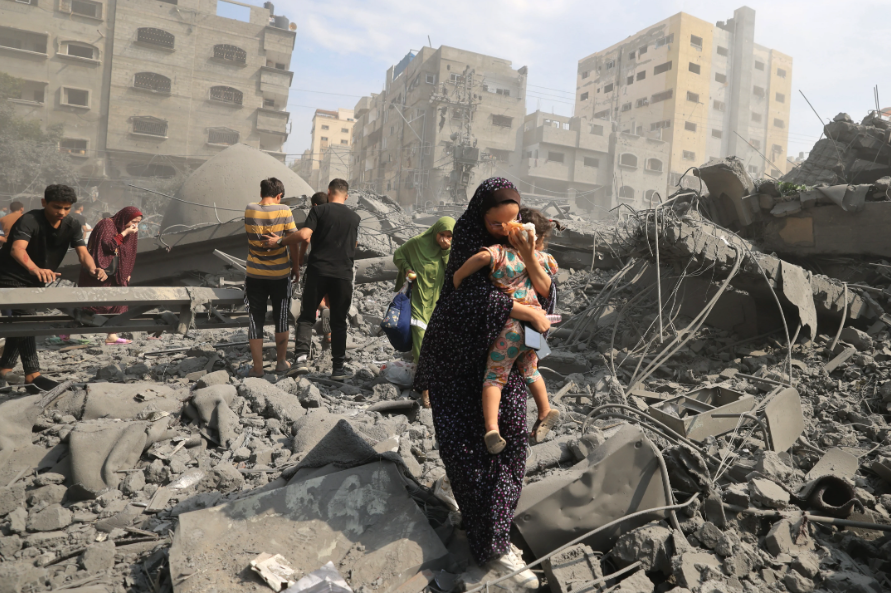Investments in preparation, prevention and response measures are needed to mitigate the impact on people’s livelihoods and well-being.
Dakar, August 13, 2024: Just two months into the 2024 rainy season in West and Central Africa, torrential rains and severe flooding have affected 716,473 people in the Central African Republic, Chad, Côte d’Ivoire, the Democratic Republic of the Congo, Liberia, Niger, Nigeria, Mali, and Togo. Additionally, at least 72 people have reportedly lost their lives to drowning, and 699 others have been injured.
« Every year, we sound the alarm on the effects of climate change and what it means for people’s lives: their homes, their ability to farm and feed themselves, to send their children to school, to access basic healthcare, » said Charles Bernimolin, Head of the United Nations Office for the Coordination of Humanitarian Affairs for West and Central Africa. « Significant and strategic investments must be made to ensure that communities are prepared and that the most harmful consequences are mitigated as soon as possible, » he emphasized.
So far, Chad is the most affected country, with 246,883 people impacted by the floods in just a few weeks.
The floods, which often hit the same communities year after year, have also severely impacted livelihoods and basic social services, compromising communities’ ability to support themselves and forcing them to rely on aid to survive with dignity.
Access to healthcare and basic education has been hampered, with dozens of schools and medical centers destroyed or damaged.
Food production and security are also at risk, with at least 25,726 hectares of agricultural land damaged and 4,205 heads of livestock killed.
Key infrastructure and buildings have also been affected: around 62,000 homes have been destroyed or damaged, leaving 54,772 women, children, and men homeless and displaced. Nigeria and Chad have recorded the highest numbers of people displaced by the floods: 45,797 and 5,286, respectively.
Seasonal forecasts for 2024 predict above-average cumulative rainfall for the periods from June to August and from July to September in areas already prone to flooding in the Sahel and certain West African countries. This situation will exacerbate the needs of a population already vulnerable due to chronic poverty, underdevelopment, conflict, and political instability, increasing the resources required for humanitarian response.
This year, the Central Emergency Response Fund allocated nearly 10 million US dollars to the Congo, the Democratic Republic of the Congo, and Niger in response to emergencies related to climate shocks, including floods.
« Thinking that we have time to address the climate crisis in West and Central Africa is a mistake. If we do not proactively reduce the effects of significant floods, droughts, and land degradation, a multitude of other consequences await us, with much higher costs for the most vulnerable people in the region, » explained Charles Bernimolin. « The solutions to manage this exist, but it requires immediate action and sufficient funding, » he added.
Source: UNOCHA




